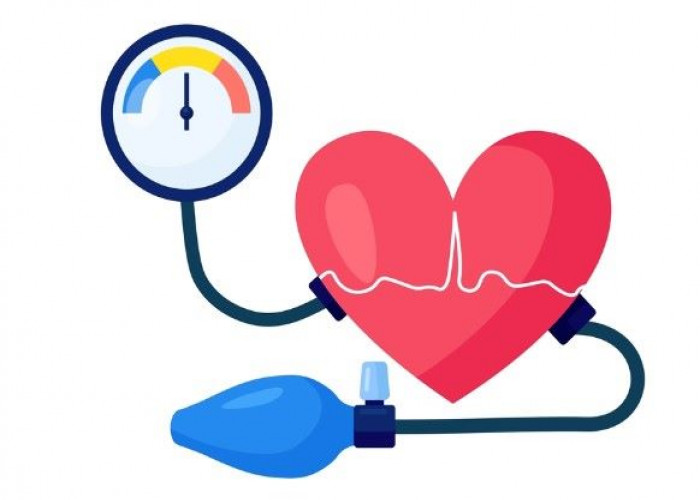 Welcome
Welcome
“May all be happy, may all be healed, may all be at peace and may no one ever suffer."
Elevated blood pressure

Elevated blood pressure, also known as hypertension, is a common medical condition characterized by an abnormally high level of pressure in the arteries that carry blood from the heart to the rest of the body. Blood pressure is measured using two numbers: the systolic pressure (the higher number) represents the pressure in the arteries when the heart beats, while the diastolic pressure (the lower number) represents the pressure in the arteries when the heart is at rest between beats.
Hypertension can be caused by a variety of factors, including genetics, lifestyle choices (such as a diet high in sodium or low in potassium, lack of exercise, and smoking), and underlying medical conditions (such as obesity, diabetes, and kidney disease).
In most cases, hypertension does not cause noticeable symptoms, but over time, it can lead to serious complications such as heart disease, stroke, and kidney failure. Because hypertension is a major risk factor for these conditions, it is important to have regular blood pressure screenings and to take steps to manage the condition if it is diagnosed.
Treatment for hypertension typically involves lifestyle changes, such as eating a healthy diet, getting regular exercise, quitting smoking, and limiting alcohol intake. If lifestyle changes are not enough to control blood pressure, medications may be prescribed, such as diuretics, ACE inhibitors, calcium channel blockers, or beta blockers.
If you have elevated blood pressure, it is important to work closely with your healthcare provider to develop a comprehensive management plan to prevent complications and improve your overall health.
Research Papers
Disease Signs and Symptoms
- High blood pressure (hypertension)
Disease Causes
Elevated blood pressure
Any factor that increases pressure against the artery walls can lead to elevated blood pressure. The buildup of fatty deposits in your arteries (atherosclerosis) can lead to high blood pressure.
Besides atherosclerosis, other conditions that can lead to elevated blood pressure or high blood pressure include:
- Obstructive sleep apnea
- Kidney disease
- Adrenal disease
- Thyroid disease
Certain medications — including birth control pills, cold remedies, decongestants, over-the-counter pain relievers and some prescription drugs — also can cause blood pressure to rise temporarily. Illegal drugs, such as cocaine and amphetamines, can have the same effect.
Disease Prevents
Elevated blood pressure
The same healthy lifestyle changes recommended to treat elevated blood pressure also help prevent hypertension. You've heard it before — eat healthy foods, use less salt, exercise regularly, maintain a healthy weight, drink less alcohol, manage stress and quit smoking. But take the advice to heart. Start adopting healthier habits today.
Disease Treatments
If you have elevated blood pressure and diabetes, kidney disease or cardiovascular disease, your doctor might recommend blood pressure medication in addition to lifestyle changes.
If you've been diagnosed with elevated blood pressure and don't have any other conditions that raise your heart disease risk, the benefits of medication are less clear.
If you have stage 1 or stage 2 hypertension, your doctor will likely prescribe medications to lower your blood pressure and recommend healthy lifestyle changes.
Disease Diagnoses
Disease Allopathic Generics
Disease Ayurvedic Generics
Disease Homeopathic Generics
Disease yoga
Elevated blood pressure and Learn More about Diseases
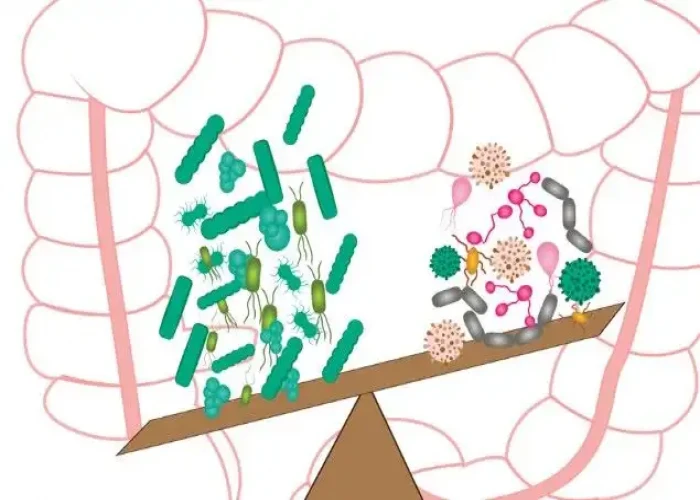
Small intestinal bacterial overgrowth (SIBO)

Listeria infection

Peyronie's disease
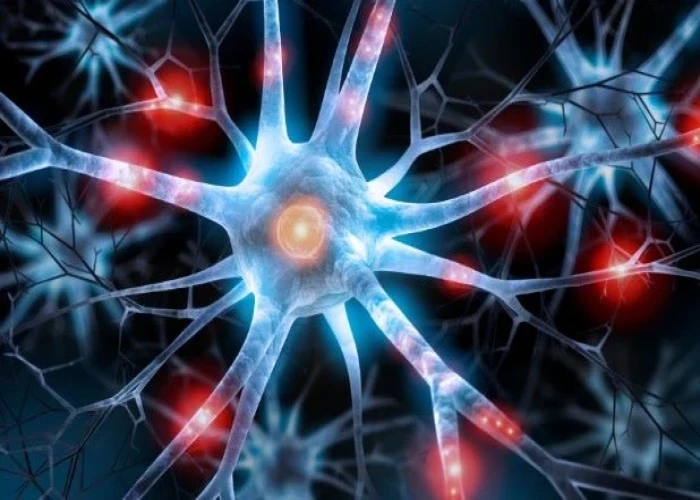
Primary progressive aphasia
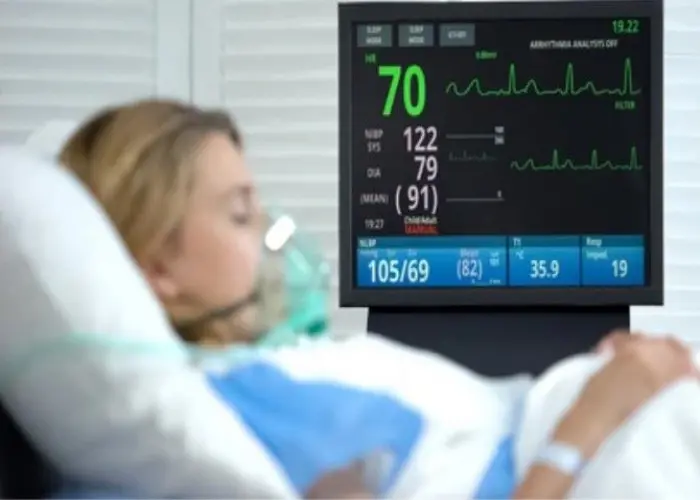
Coma

Mouth cancer
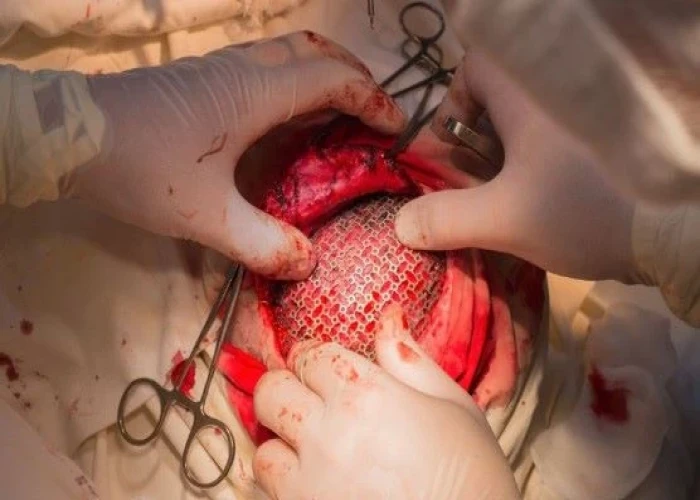
Pediatric brain tumors
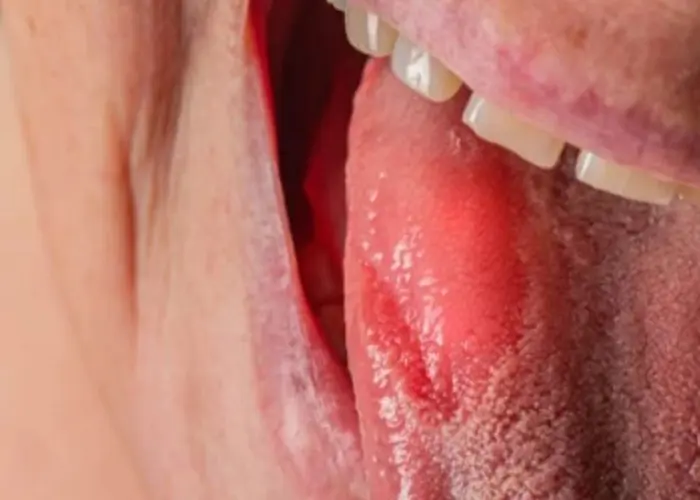
Burning mouth syndrome
Elevated blood pressure, উচ্চ রক্তচাপ
To be happy, beautiful, healthy, wealthy, hale and long-lived stay with DM3S.
